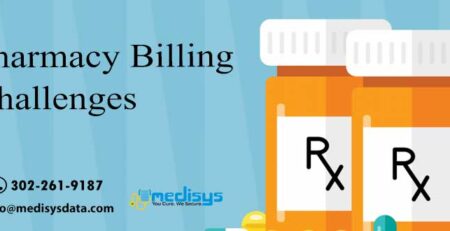CMS considers the finalization of policies related to the 2022 PPACA (Patient Protection and Affordable Care Act) plan year in which CMS’ proposed to ensure calculations of medical loss ratio (MLR) exclude drug rebates and price concessions as well as provide transparency via pharmacy benefit manager (PBM) reporting requirements.
CMS has focused its efforts and expertise on ensuring that the health care system has the tools and flexibilities needed to respond to the unprecedented demands of the pandemic.
Pharmacy Benefit Manager Standards under the Affordable Care Act
PBMs are third-party administrators which involve the administration of processing claims, maintaining drug formularies, contracting with pharmacies for reimbursement for drugs dispensed, and negotiating prices with drug manufacturers. Moreover, PBMs manage the prescription drug benefit for a contracted entity.
In the proposed CMS’s § 184.10(b), the scope of new part 184 establishes standards for PBMs that administer prescription drug benefits for health insurance issuers which offer QHPs concerning the offering of such plans.
CMS also proposed definitions for part 184 at new § 184.20. Except for the definition of pharmacy benefit manager, these proposed definitions would codify terms already in use in parts 144 and 155 of subchapter B of subtitle A of title 45 of the Code of Federal Regulations.
§ 184.50 (a)
CMS proposed to add § 184.50(a) where PBM contracts with an issuer of QHPs to administer the prescription drug benefit for their QHPs and PBM is required to report the data required by section 1150A (b) of the Act to the QHP and the Secretary, at such times, and in such form and manner, as the Secretary shall specify. This section applies to both the QHP issuer and their PBMs to report this data,
However, CMS again proposed to implement section 1150A to require PBMs to report this data directly to the Secretary, and only to require the QHP issuer to report the data only when the QHP issuer does not contract with a PBM to administer the prescription drug benefit for their QHPs.
CMS to add § 184.50(a)(1) to require these PBMs to report the data described in section 1150A(b) of the Act to the Secretary.
The data proposed to be collected, as required by section 1150A, are:
- The percentage of all prescriptions that were provided through retail pharmacies compared to mail-order pharmacies.
- The percentage of prescriptions for which a generic drug was available and dispensed (generic dispensing rate), that is paid by the health benefits plan or PBM under the contract.
The aggregate amount, and the type of rebates, discounts, or price concessions (excluding bona fide service fees) that are attributable to patient utilization under the plan and those that are passed on to the plan sponsor, and the total number of prescriptions that were dispensed; and the difference between the amount the health benefits plan pays the PBM and the amount that the PBM pays retail pharmacies, and mail-order pharmacies, and the total number of prescriptions that were dispensed.
§ 184.50(b) and (C)
CMS proposed new § 184.50(b) and (c) to codify the confidentiality and penalty provisions that appear at § 1150A(c) and (d) to PBMs which administer the prescription drug benefits for QHP issuers.
Finally, this act revises the regulation requiring the reporting of certain prescription drug information by qualified health plans or their pharmacy benefit managers. Are you looking for the effects of this act on the Pharmacy Benefit Manager? You can get in touch with our experts.
Are You Ready to Get Billing?
Want to hire an experts in Pharmacy billing and coding for your practice? You are at the right place, what you need now is a partner who can finish out the rest of the work and make the technology and implementation just as simple. That’s what the best medical billing company like Medisys Data Solutions Inc. can do. If you’re ready to get started, schedule a meeting with our medical billing manager from filling out enquiry form from our website!












